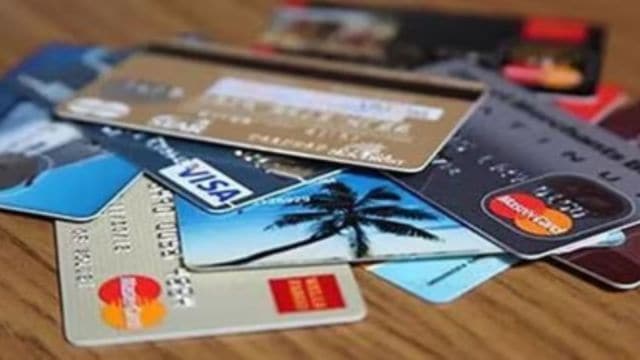Best Fuel Credit Card in 2024: How to choose the right one
There are many credit cards available today that offer fuel-related benefits, but how do you select the one that’s right for you?
 Fuel credit cards typically waive this fee and allow you to save on each fuel purchase. (Representational File)
Fuel credit cards typically waive this fee and allow you to save on each fuel purchase. (Representational File)Fuel is a recurring expense for most people, especially those who regularly commute long distances for work. With oil prices rising, fuel costs tend to be one of the highest expenses for most people. Fuel credit cards have come into existence to alleviate this very issue – to help people save on fuel purchases by providing cashback, reward points and fuel surcharge waivers. There are many credit cards available today that offer fuel-related benefits, but how do you select the one that’s right for you? Here are some tips that can guide you to make the right choice.
Calculate your fuel expense
Begin by calculating your monthly fuel expense and the fuel stations you frequently use. If you commute daily or travel long distances regularly, a dedicated fuel credit card can help you save substantially on fuel costs. Many fuel credit cards are co- branded with specific fuel companies. Select a card affiliated with the fuel brand you use the most to begin saving.
Check for cards that offer fuel surcharge waiver
When purchasing fuel using a regular credit card, a fuel surcharge ranging from 1- 3% is levied. Fuel credit cards typically waive this fee and allow you to save on each fuel purchase. However, some cards may have a limit on the surcharge waiver, so check for that before applying for the card. For instance, some cards may limit the waiver to Rs.250 or Rs.500 per month, depending on your fuel spending.
Calculate potential savings with a surcharge waiver
For example, you spend Rs.500/day on fuel on which you pay a 1% surcharge. This means you are paying an extra Rs.5 each day, making your total daily fuel expense Rs.505. Over a month, the extra Rs.5/day adds up to Rs.150. However, with the surcharge waiver, you would save Rs.150/month, and Rs.54,750/year on fuel surcharge costs, which you can save by using the surcharge waiver feature.
Cashback and Reward Points
Fuel credit cards also typically offer either cashback or reward points on fuel purchases. Cashback cards give you direct savings by refunding a percentage of your fuel expense. On the other hand, reward points can be accumulated and redeemed later, either for fuel purchases or other items. If you prefer immediate savings, opt for a cashback-focused card. But if you prefer accumulating points to redeem for fuel or other perks, a rewards-based card might be more suitable for you.
Annual Fees
Most credit cards come with an annual fee, and fuel credit cards are no exception. However, many banks offer annual fee waivers if you meet a certain spending threshold each year. It’s essential to consider whether the savings from the fuel card outweigh the costs of using it.
Co-branded Credit Cards
Co-branded fuel credit cards are tied to specific fuel companies and offer higher rewards when used at partner fuel stations. In contrast, non-co-branded fuel cards can be used at any fuel station and typically offer consistent cashback or reward points across multiple outlets. So, if you are loyal to one brand for fuel refills, you could save more using their co-branded card. But if you have such a preference, a non-co-brand fuel credit card may be more suitable.
Redemption Options
If you’re opting for a fuel card that offers reward points, check the ease with which you can redeem these points. Some cards allow instant redemption at fuel stations, while others require you to convert points to use them for other purchases.
While having your vehicle is convenient, rising fuel costs can eat into your savings and upset your budget. With the right fuel credit card, you can reduce your fuel expenses while saving on other expenses with rewards and cashback. Finally, to utilise the card optimally, make sure you pay your bill on time.
The author is CEO of Bankbazaar.com





- 01
- 02
- 03
- 04
- 05


























